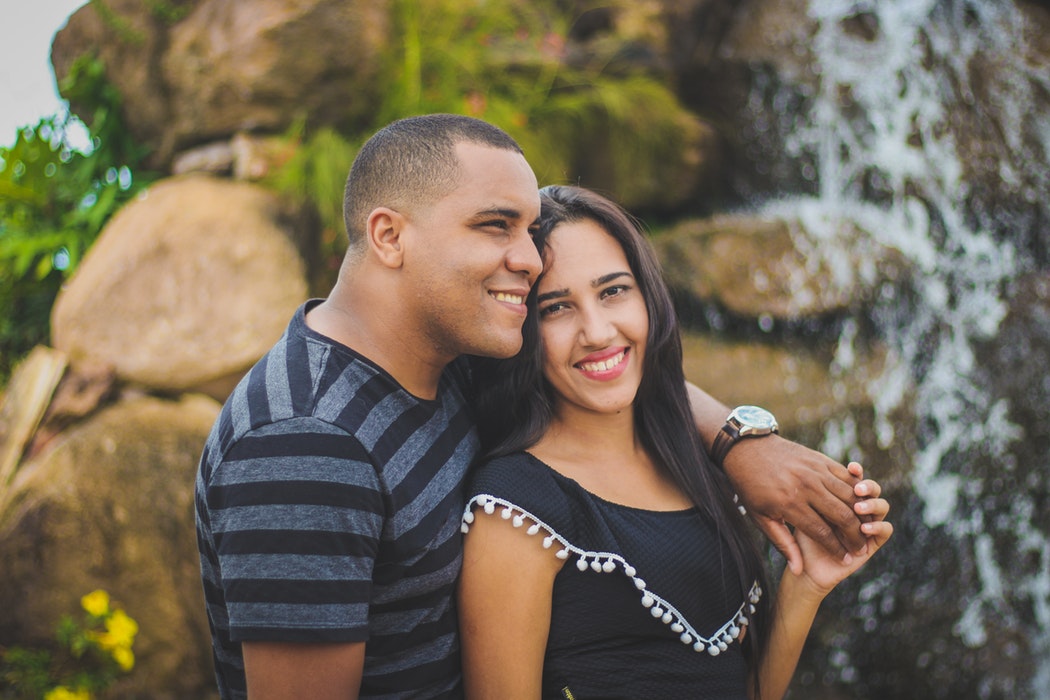Freedom is something everybody craves in today’s society. It’s one of the basic needs that every person requires. Freedom is in itself good, but what will we do with that freedom once we have it? Can we misuse it? Obviously, we can. So how should we use it? Well, there are two prevailing ways of defining freedom in Western society today; the world’s view of freedom and the Christian view of freedom. Both these views of freedom and how it ought to be used differ greatly.

The World’s Idea Of Freedom
All of us want happiness, it’s something we all seek. The world tells us that in order to gain true happiness, we must obtain maximum personal freedom. That’s why in Western society today we value personal freedom and choice very highly. The world’s idea of freedom means doing whatever you want, whenever you want, without any limitations. It’s the philosophy of “if I want it, then it can’t be bad and who are you to say I shouldn’t have it.” We all desire freedom, which is natural because we have been given the gift of free will, but this idea of freedom is self-seeking. It can easily lead us to a sense of entitlement. The world’s view of freedom sounds enticing, but what happens if people put personal freedom above everything? What if my happiness might come at someone else’s expense, or their happiness might come at my expense? What if I use another person in order to be happy, or vice versa? Society can quickly descend into a war of all against all, where everyone is seeking their own individual rights and personal freedom at the expense of others. It can quickly become a dog-eat-dog world!

The Christian View Of Freedom
St. John Paul II defined freedom when he said: “Freedom consists not in doing what we like, but having the right to do what we ought”. Christian freedom is about choosing what is good, true and beautiful. It means putting someone else’s happiness above our own. It’s about sacrificing ourselves for others, putting ourselves in the last place and placing the good of others above what we want. This is living out the Agape love that we talk about in other blogs. It’s about willing the good of another. When we live out the Christian view of freedom we actually find that it makes us happier than when we live for our own desires.

Freedom & Society
The Christian and the world’s view of freedom are opposed to each other and we see this reflected in their views of society. The world’s view of freedom is individualistic and claims that a person’s individual choices are private and don’t affect society as a whole. The Christian view claims that a person’s individual choices contribute to the common good either for better or worse, that is the choices we make, with the freedom we have, does affect society, even if we don’t see the effects ourselves. The choices we make in our lives also affect our family life and ultimately, society as a whole is greatly affected by family life. For instance, the breakdown of families creates ripple effects that have a definite impact on society.
St John Paul II saw the permissive world view of freedom as ultimately destructive:
“True freedom is not advanced in the permissive society, which confuses freedom with license to do anything whatever and which in the name of freedom proclaims a kind of general amorality. It is a caricature of freedom to claim that people are free to organize their lives with no reference to moral values, and to say that society does not have to ensure the protection and advancement of ethical values. Such an attitude is destructive of freedom and peace.”

Freedom & Love
Freedom and love go hand in hand, without one the other could not exist. Love must be a free gift, otherwise it’s not love. The view of freedom that we adopt in our lives clearly affects any relationships we are in. The world’s idea of freedom and happiness tells us to seek out pleasure, a moment’s gratification, to do what feels good at the time. In relationships, this can lead us to lust, using people and eventually to loneliness, rather than the long lasting joy we are created for, because it doesn’t reveal to us how we can truly love another. True love requires sacrifice and discipline, it is an act of the will. It is freely choosing what is good for another person, and placing that good above our own desires, that makes us capable of loving as Christ loves. The world’s definition of freedom can quickly become about using other people. This is the opposite of the Christian view of freedom, which involves living Agape love, where we will the good of the other. How do we live this freedom and Agape love in our relationships? We do it through Chastity.
True Christian freedom recognises the vocation to love that we are all called to. Love is free, it is a free gift, and a great act of the will. Love says, “ I desire your good, not for my sake, but for yours.”But we can’t make a gift of ourselves if we don’t have control of ourselves. We all have a deep in built desire for the true, the good and the beautiful, and God is truth, beauty and love. We find true freedom in turning our hearts towards the Lord, for as St. Augustine said, “Our hearts are restless until they rest in You, O Lord”. When we look to God and His example of love for us, a free, total gift of unconditional love for us, we can bring that into our everyday lives and relationships by practicing chastity.


